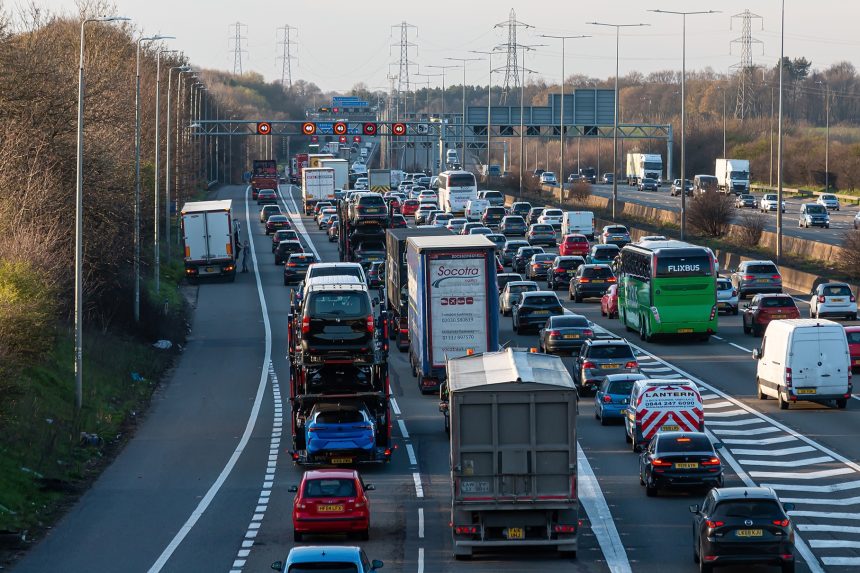The Confederation of Passenger Transport (CPT) is getting behind the Campaign for Better Transport’s (CBT) call for a per-mile form of road taxation.
CBT is campaigning for the Chancellor to act now to avoid what it warns will be a £5 billion shortfall by 2023 amid falling revenue from the current fuel duty system.
While falling use of petrol and diesel vehicles is leading to a drop in revenue, campaigners say drivers of zero-emissions vehicles should pay more.
Such a form of taxation could benefit the coach and bus industry and help combat congestion, according to Alison Edwards, CPT Director of Policy and External Relations.
“Bus and coach operators recognise that for the UK to meet its net zero carbon targets many more people must be persuaded to use public transport more often,” says Ms Edwards. “The introduction of pay-as-you-go vehicle taxation could support this shift by balancing pricing between modes.
“This would help curb congestion – something that will in turn make buses and coaches quicker, more reliable and so more attractive.”
The shortfall calculation comes from RAC Foundation, which says the duty currently added to petrol and diesel on the forecourts will decline by £5 billion – the equivalent of the funding spent on England’s motorways and major A-roads each year – between 2028 and 2033.
CBT’s own survey claims that 65% of the public believe it is far for ZEV drivers to be taxed but at a lower rate than petrol and diesel drivers and that only 19% disagreed.
Silviya Barrett, CBT Director of Policy and Research, says: “The new Chancellor faces a looming black hole. She can avoid it, in a way which is fair, and which garners broad public support. But she should start now, as this issue will only get more pressing.”
CBT advocates that exempting existing ZEV drivers for an interim period would incentivise short-term uptake.
“It should be cheaper to drive a zero-emission vehicle than a more polluting vehicle, but it’s only fair that these drivers should pay a share, and a pay-as-you-drive model can achieve this,” Ms Barrett adds.



























